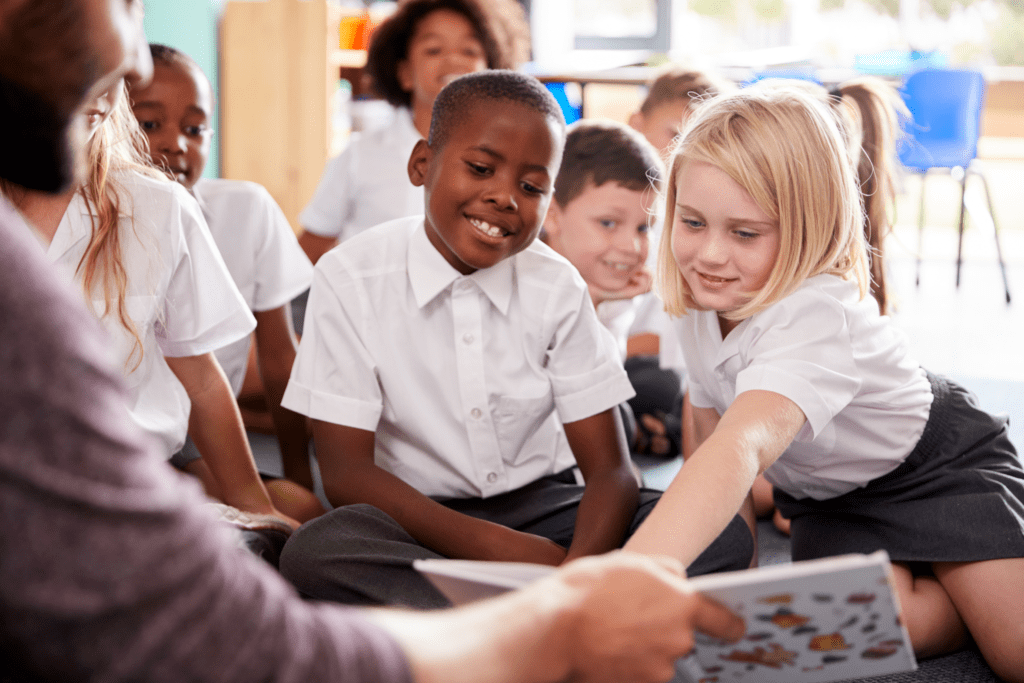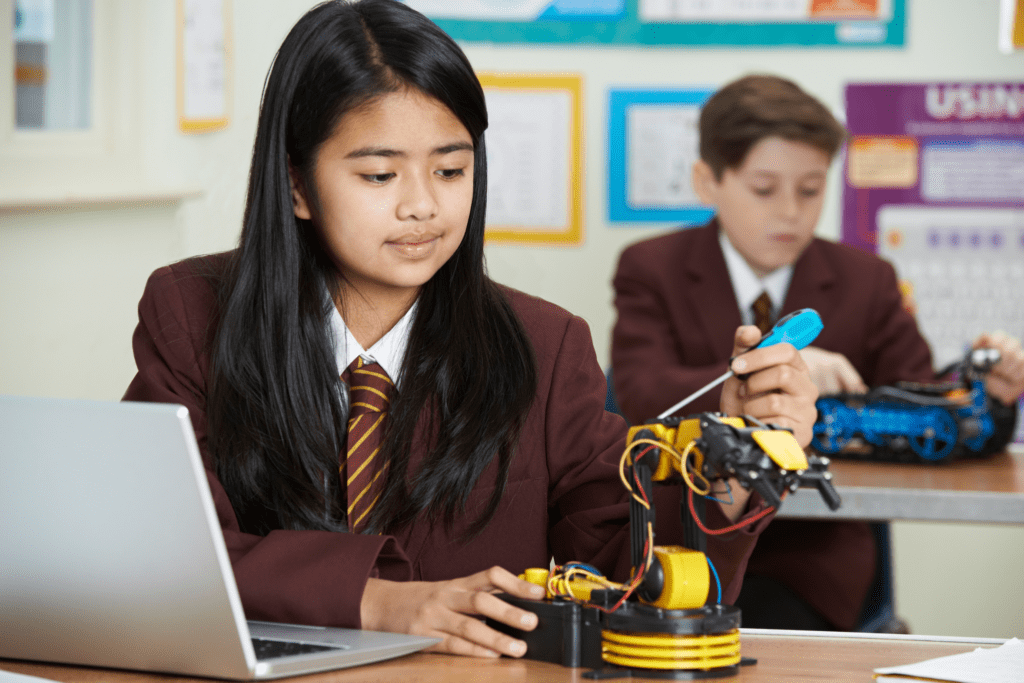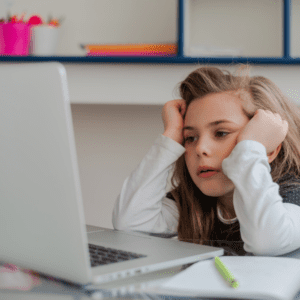I am a public school teacher. I haven’t always been, but I don’t think that I would go back to work at a private school again. That being said, many teachers do prefer working in private schools and I may send my future children to a private school.
The common perception is certainly that private schools are better than public schools.1 The truth is that in a lot of ways, they are. There are some huge positives about public schools as well which is the reason why I personally prefer to work in the public system, but the things that private schools do well just so happen to often be the things that parents care the most about.
Private schools do generally have higher achievement scores than their public counterparts, although this will of course depend on the individual schools and the local area that you are in. Private schools often also have better-documented outcomes for their students outside of school whether they go on to tertiary education or into a job.

What are the reasons for these differences though? Why is this a trend seen between the private and public sector, as opposed to these ‘good’ and ‘bad’ schools being smattered across both sectors?
- Private schools can choose their own specialties and curriculum.
- Private schools have increased parent buy-in.
- Private schools can be exclusive.
- Private schools need to advertise.
Private schools can choose their own specialties and curriculum.
Private schools can certainly be the best option for your child if you are interested in specialising in a certain area of the curriculum. While many public school districts have specialist music or sports schools, you can more reliably find a private school that will cater to your child’s special interests.
You may also find that the religious aspects of a particular private school are a priority for you. You can choose a school that follows the same faith as you and be assured that these values and teachings will be consistent for your child both at home and at school.
Private schools also do not need to adhere as strictly to the standard curriculum. There are a range of options out there on both a local and an international level such as the International Bacchelaureate. You may decide that you would prefer that you child was taught one of these specific curricula, or one that is unique to a particular school.
Another common difference is teaching strategy. You may really want to send your child to a Montessori school for example, and this choice may be something that is only available to you in the private school system.

All of these curriculum choices may be a reason why you would choose a private school over a public school. Choice is a huge factor in the decision that many parents make about what school to send their children to, and there are a lot of options available if you send your child to a private school.
Private schools have increased parent buy-in.
This is a natural phenomenon when it comes to private schools. Whereas most families who send their children to public school had little choice in exactly which school they are sent to, parents of private school children have literally ‘bought-in’ to the school.
The fact that a family is more inclined to spend a sometimes exorbitant amount of money to send their children to a specific school is a good indicator that they care a lot about education and are heavily invested in getting the best outcome. This isn’t to say that families who send their children to public schools aren’t invested, but to go to a private school you NEED to be invested (at least financially) and so it is more consistent among all of the students and their families.
Parents who have financially invested in their child’s education are also much more inclined to want to get their money’s worth. If you are paying a lot of money for your child’s success, you’re going to be a lot more upset if they are not being supported in the way that you think that they should be.
Private schools are often under a lot of pressure from parents to do the best for each child. In a private school, if parents become unhappy with the standard of education and move their children elsewhere, that directly impacts the school’s bottom line and the job security of the teachers. Schools will go to often extreme lengths to retain their students and their families by giving them what they want.
Again, I’m not saying that the public school system doesn’t do this. In fact, I believe that schools are better without parent voice having the biggest impact. Public schools are often more free to do what current best practice is in education and are more able to support teacher well-being when they aren’t being bullied by parents.

Again, this is not the case for every school, but it does mean that private schools are often better at delivering what parents want from their school.
Private schools can be exclusive.
This is a big one, and one of the key reasons why I personally prefer working in the public school system. Private schools can pick and choose which students they enrol, and it’s much easier for them to get rid of students that they don’t want.
This can mean that your child is safer at one of these schools. If the school is more likely to expel or exclude students who are dangerous to the other students, this may be your preferred option to the public school that will often have their hands tied.
As I said above, having fewer paying students makes a significant difference in a private school. Many schools will actually do the opposite of excluding students by actually taking on more students than they can handle because it means that they get more money. I’ve seen private schools that have a policy of not expelling or excluding students because they needed the money.
Many private schools do find it more lucrative to be incredibly exclusive, though. Which leads to my final point:
Private schools need to advertise.
Private schools depend on parents wanting to send their children there, and so they will do anything that they can to be better than the public schools. As a parent, you need to make an active (and expensive) decision to choose this particular school, and giving the impression that they are better than the cheaper alternative means that this is often what they become.

It is important to again emphasise that this is for a given definition of ‘better’. What parents see as better is not always consistent with what is better. Many private schools rely incredibly heavily on their students’ results in their final year, so they will do everything possible to make sure that these results were the best that they could be. It is incredibly powerful to be able to go to potential paying families and say that every single student that went through their final year did incredibly well.
The methods that they use to get there though sometimes aren’t the best. Many private schools explicitly teach students how to game the system and coach them on test-taking methods instead of focusing more on the curriculum. Others will kick out any students who may threaten their perfect record for academic achievement.
So are private schools actually better?
This depends on your perspective. Private schools are under a lot of pressure to be better because they need paying customers, and so they often deliver exactly what these customers are asking for.
This can come at a cost though, and if you are wondering whether to send your children to a private school you need to be aware of your and your child’s priorities.
What have your experiences been with private schools? Are there any aspects that you think I’ve missed? Comment down below with your thoughts!
References:
1Nichols, M. K. (2010). Parents’ perceptions of private Christian schools and why parents pay when public education is free. Capella University.






